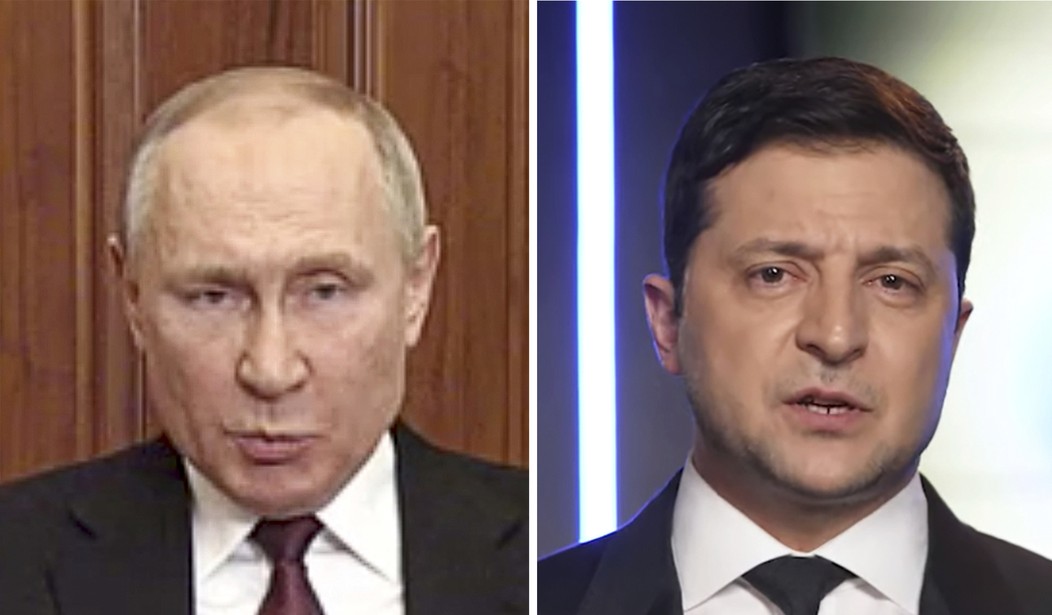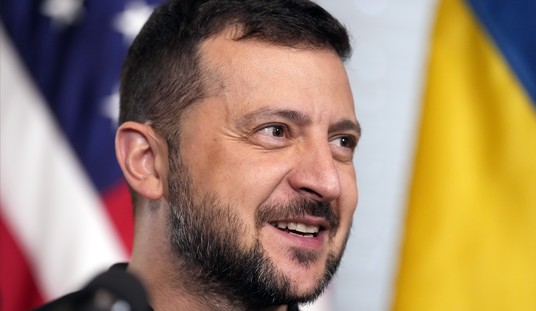With the U.S. having to shift its focus in aid to Israel, reports are coming out that the Biden Administration is now shifting its narrative on Ukraine to promote peace talks amidst continuing losses in the country. This marks quite a change in tone from the administration as they've assured the public repeatedly that Russia had been losing the war in Ukraine, and it was only a matter of time until Zelensky's forces overcame the Russian invasion.
Increasingly in recent months, however, U.S. officials have been using the word "stalemate" to refer to the situation in Ukraine, implying there have been no advances made toward booting Russia out of the occupied areas of the country despite having spent more than $43 Billion of U.S. taxpayer money and sending military equipment to the country. The Pentagon is warning that these funds are about to run out and that the U.S. cannot afford to put much more into the effort while simultaneously aiding in a second military front in the Gaza Strip.
Concerns are growing that Ukraine doesn't have the manpower to keep going in a war of attrition, while Russia seems to be able to keep sending wave after wave of a near-endless number of troops to maintain their offensive. Even if the United States and its allies provide funds and weaponry, they won't do much good if trained troops aren't available to man those weapons.
Likewise, the tone of the media has shifted in reports, as Putin is now said to be playing the long game in waiting out the West. As attention diverts toward the Israeli-Palestinian conflict, patience, and interest in fighting for Ukraine evaporates in the West as a consequence. Putin has shown no signs of being willing to compromise or negotiate, and his strategy of maintaining his military positions while support from NATO dries up is working.
Already, we are seeing U.S. and European officials talk to the Ukrainian government about what it would take for a peace settlement. The White House asked for an additional $61.4 billion in funding for the Ukraine war effort on October 20th. Still, the House ignored the Biden administration's ask, approving $14.5 billion for Israel but nothing for Ukraine.
Ukrainian government officials are also voicing concerns of being left in the cold with the Israeli conflict escalating. Even before the crisis in the Middle East occurred, the attitudes of Congress have cooled toward prolonged support for a long-term effort in Ukraine.
Over the last five months, support for continued aid in Ukraine has dropped dramatically in the United States among the public. According to a Gallop Poll in June, 69% of people believed the Biden Administration should maintain or increase support for the effort. However, with Gallop's October poll, that number has slipped to 58%, with a substantive increase in people believing we have provided too much support to Ukraine.
If peace talks are incoming with pressure from U.S. officials, it would be a relief to many U.S. citizens, as with the economic problems continuing across the globe, it would be difficult to justify funding multiple foreign wars in perpetuity.










Join the conversation as a VIP Member